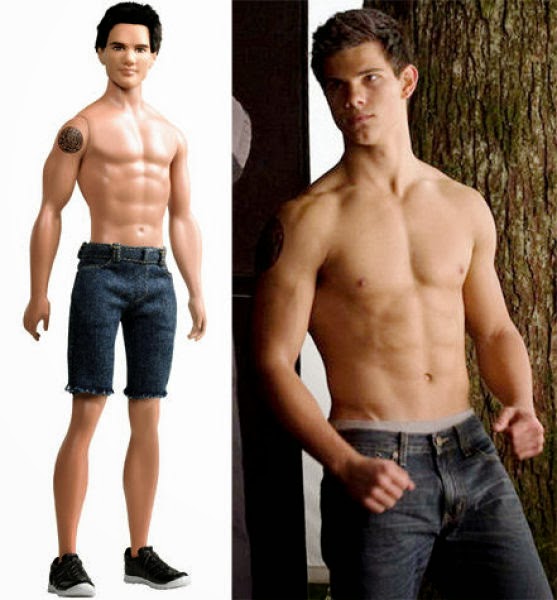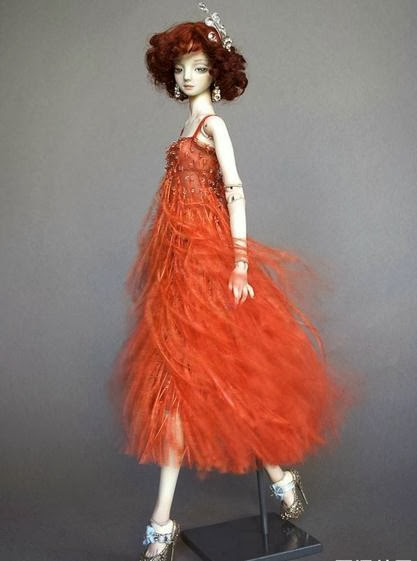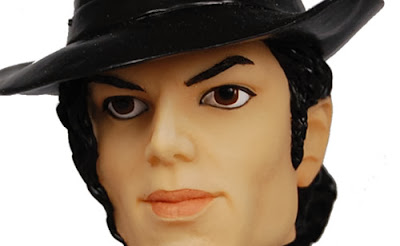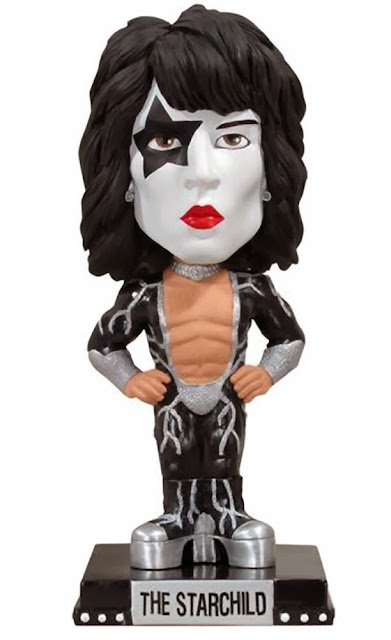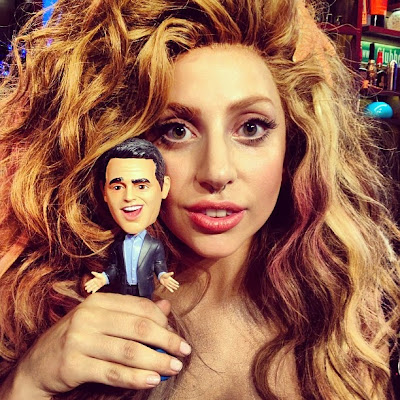
Nesting dolls are a traditional Russian souvenir whose craft has been passed on from generation to generation ever since the 19th century. It is perhaps one of the most famous national symbols, having an interesting history that should be known by every one who buys this interesting set of dolls. That way, when looking at the nesting dolls (also called Matryoshka dolls), you will remember the rich cultural background where they come from. The original name comes from “Matriona”, which was a very popular name for women and is said to stem from the Latin word “mater” (meaning mother). But what is the history behind this name given for nesting dolls?

The story’s origin loses itself in the mists of the past. It is said that the inspiration for the nesting dolls comes from a Japanese monk who travelled to Russia and showed the locals a very interesting figurine of the god of wisdom, Fukuruma. The peculiarity of the design amazed especially for artist S. V. Malyutin, who was impressed by how the doll, when opened, revealed another doll, and then five other smaller figures nested one into another (the explanation for the English translation). Owning a children’s store, Malyutin then decided to create a similar toy. In 1890, he gave his sketches to V. Zvesdochkin, a very prestigious toy-maker, and so the first Matryoshka doll was created. But it only burrowed the concept of the original Fukuruma figure, the whole design being adapted to the Russian culture.
The nesting dolls were built from wood, particularly lime and birch and were more detailed. They did not represent a deity, but a Russian woman with her seven children. The choice is not surprising, since in this country there has always been a great emphasis on family as a fundament of society, and the mother figure was quite prominent, being awarded major respect and gratitude. Moreover, the woman was wearing traditional clothing, which is not coincidental. When removing the first, bigger doll, symbolizing the origin, we can see smaller dolls, until we reach the core, which was originally a baby. This is a very complex and multi-faceted metaphor, representing maternity, persistence and lineage.

The nesting dolls were an instant success and, as years passed, manufacturers started to add more modifications, getting to completely new thematic designs. At present, you can find, apart from the traditional Matryoshka, dolls representing cartoons characters and even celebrities from the sports or politics. No matter their aspect, however, Russians have kept the original manufacturing technique. The nesting dolls are still made of wood and the process is followed step by step, from the drying of the wood to its carving in all sorts of shapes. Some variations can be seen in the number of dolls inside. While the original model had only 7, now intricate designs allow nesting dolls to be sold in larger numbers like 14 or 17.

Irrespective of what model you would like to buy, there are Matryoshka dolls to match any purpose. This souvenir can be used as a toy, piece of decoration or you can simply collect it. Its beauty and complexity are undeniable and, with such a fascinating history, you will love your Matryoshka dolls even more.
For more, if you are interested in custom bobblehead dolls, you can enjoy them here:http://www.whoopgift.com/custom-casual-bobbleheads-doll.html

